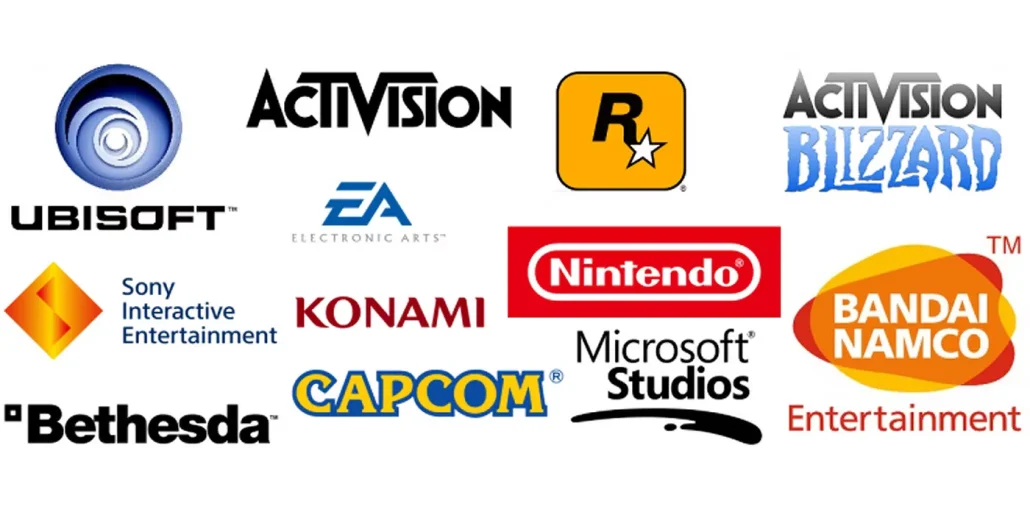Welcome to the world of game publishing, where the magic of game development meets the art of distribution. Game publishing plays a vital role in bringing captivating video games to the hands of eager players worldwide. In this article, we will explore the concept of game publishing, delve into the responsibilities of game publishers, and distinguish the key differences between game developers and game publishers. Additionally, we will highlight some of the major players in the game publishing industry, allowing you to glimpse the dynamic landscape that shapes the gaming experiences we cherish. Join us on this journey through the realms of game publishing, where creativity, strategy, and passion converge to create immersive gaming experiences for all.
What Is Game Publishing?
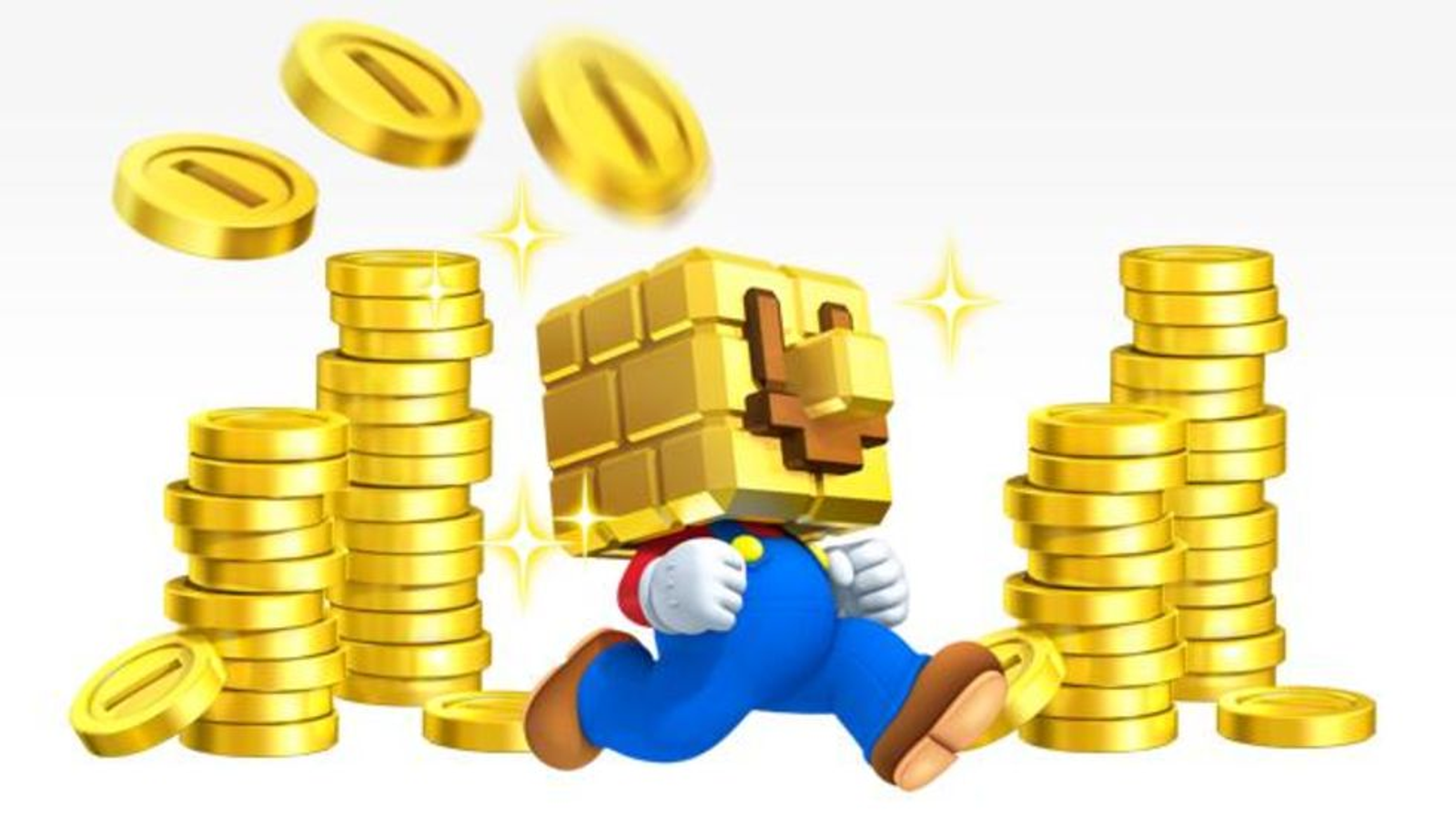

Game publishing refers to bringing a video game to the market and making it available for players to purchase and enjoy. Game publishers are responsible for various aspects of the game’s release, distribution, marketing, and support. They act as intermediaries between the game developers (the game creators) and the target audience (the players).
The role of game publishers includes providing financial support to developers, coordinating the marketing and promotional efforts, ensuring the game’s availability on different platforms and regions, and handling the logistics of physical distribution if applicable. Additionally, they often manage customer support, updates, and patches to maintain the game’s quality and address any issues that arise after release.
In summary, game publishing is a crucial part of the video game industry that bridges the gap between game developers and players, ensuring that high-quality games reach a wide audience and receive the necessary support to thrive in the market.
What Do Game Publishers Do?


Game publishers play a vital role in the video game industry by overseeing game development, distribution, marketing, and support. Their responsibilities include providing financial resources and funding to game developers, assisting with project management, and ensuring the game is completed on time and within budget.
Once the game is ready for release, publishers handle the distribution process, making the game available on different platforms such as consoles, PC, or mobile devices. They also coordinate marketing and promotional campaigns to create awareness and generate interest among potential players.
Moreover, game publishers manage the logistics of physical distribution, if applicable, and work with digital distribution platforms to ensure the game’s availability in various regions. After the game’s release, publishers often provide ongoing support, including updates, patches, and downloadable content, to maintain the game’s quality and address any issues that may arise.
In summary, game publishers take on a multifaceted role, guiding a game from development to market and providing the necessary resources and support to maximize its success and impact in the gaming industry.
Game Developers vs Game Publishers | What’s the Difference?
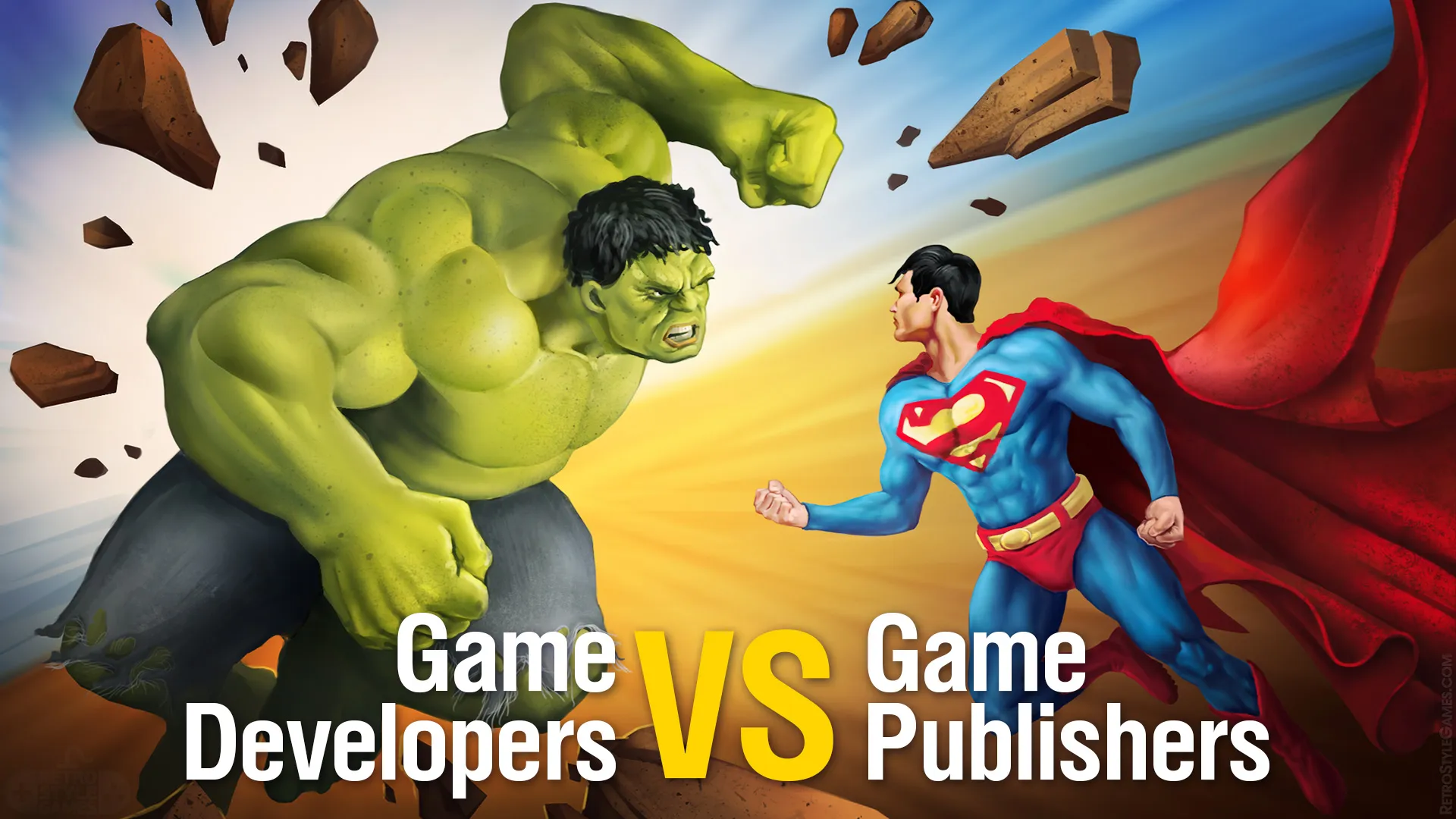

Game developing and game publishing are two distinct entities in the gaming industry, each contributing unique expertise to bring a video game to life and make it successful in the market.
Game developers are the creative minds and technical experts behind the actual creation of the game. They design the gameplay mechanics, create the game’s art, develop the code, and work on the audio and narrative elements. Their primary focus is building a compelling and enjoyable gaming experience for players.
On the other hand, game publishers are responsible for the business and commercial aspects of the game’s release. They handle funding, marketing, distribution, and overall project management. Publishers collaborate with developers to ensure the game meets market trends and target audiences. They also bear the financial risk of marketizing the game, aiming to maximize its commercial success.
In summary, while game developers focus on the game’s creation, design, and development, game publishers oversee the business side of the process, making strategic decisions to effectively promote, distribute, and monetize the game for its ultimate success in the competitive gaming industry.
+5 Major Game Publishers
Some major game publishers have played a significant role in shaping the gaming industry and bringing numerous successful titles to players worldwide. These publishers have established themselves as key players in the market, contributing to the growth and innovation of the gaming landscape. Let’s explore their contributions and impact on the gaming world.
Activision Publishing


Activision Publishing, Inc., commonly known as Activision, is one of the industry’s largest and most influential game publishers. Founded in 1979, Activision has a rich history of producing and publishing successful video games across various genres. They are known for iconic franchises, such as Call of Duty, Crash Bandicoot, and Skylanders. With a diverse portfolio of titles catering to different audiences, Activision continues to dominate the gaming market, captivating millions of players worldwide with its engaging and immersive gaming experiences.
Bandai Namco Entertainment
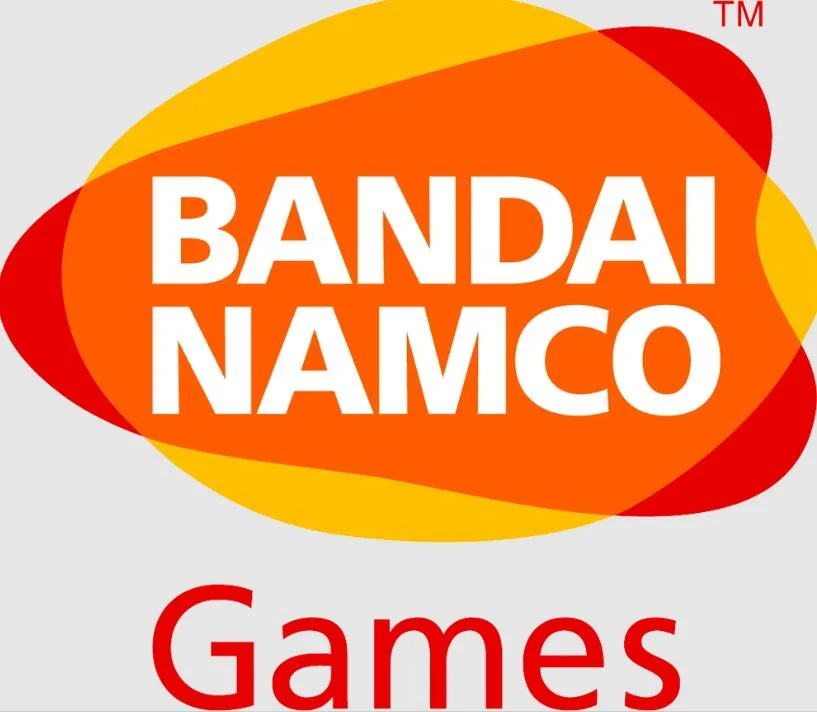

Bandai Namco Entertainment Inc., a subsidiary of Bandai Namco Holdings Inc., is a prominent Japanese game publisher and developer. Established in 2006 through a merger, Bandai Namco Entertainment has a legacy that dates back to the early days of video games. They have been responsible for creating numerous successful franchises, including Tekken, Pac-Man, and Dark Souls. With a strong focus on home and arcade gaming, Bandai Namco Entertainment continues to captivate players with its innovative and diverse game offerings, significantly impacting the global gaming community.
Capcom
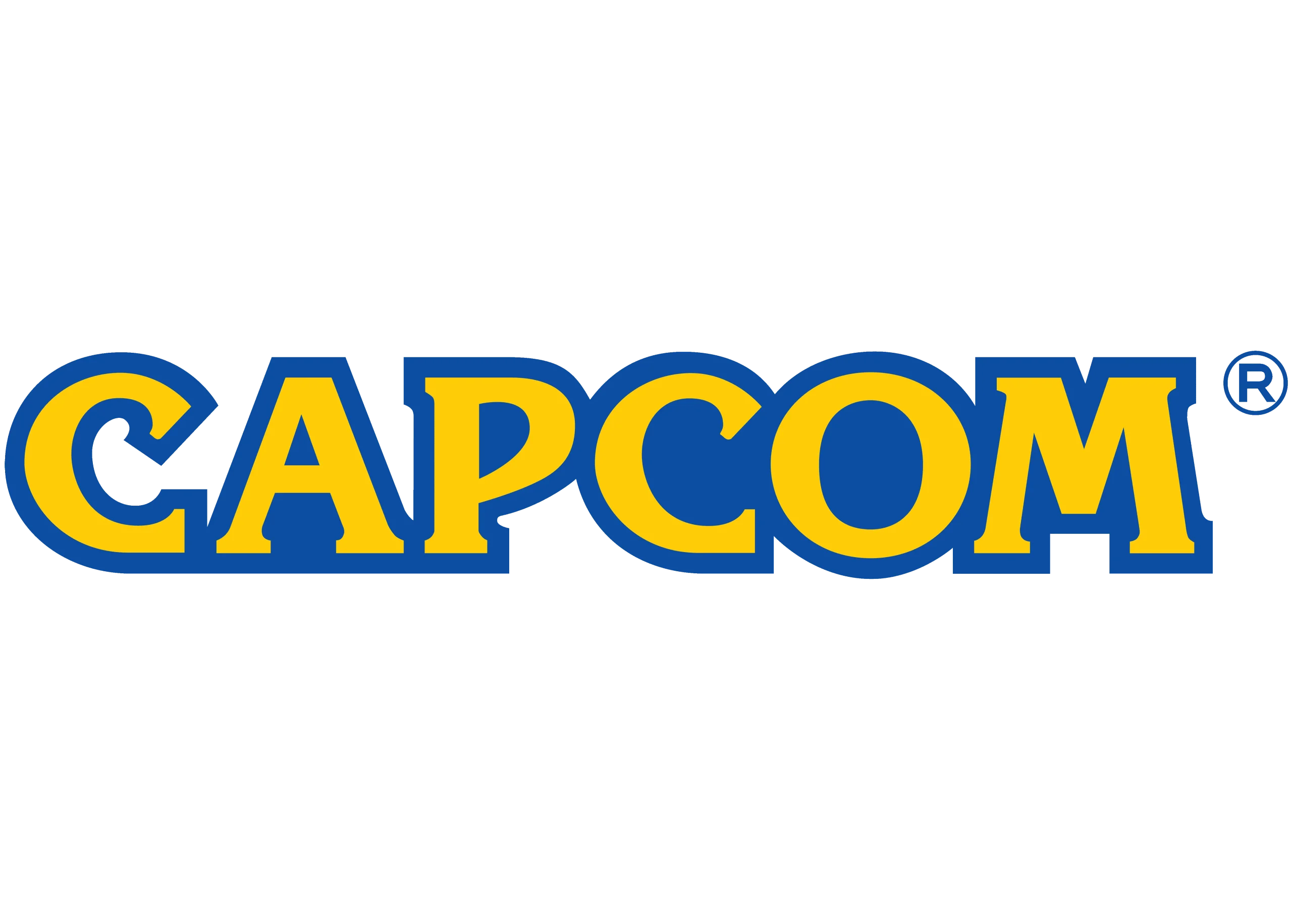

Capcom, short for Capsule Computers, is a renowned Japanese game developer and publisher with a rich history in the gaming industry. Founded in 1979, Capcom has been a driving force behind some of the most iconic and beloved franchises in gaming history, such as Street Fighter, Resident Evil, and Mega Man. Their commitment to innovation and quality has earned them a dedicated fanbase worldwide. With a diverse portfolio that spans various genres and platforms, Capcom continues to deliver immersive gaming experiences that captivate players and set new standards in the gaming world.
Electronic Arts
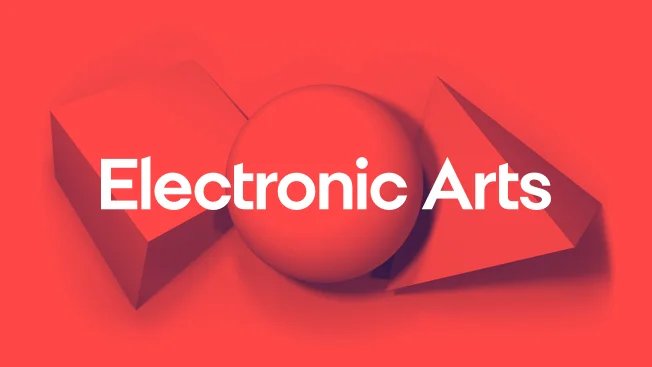

Electronic Arts (EA) is a well-known American game developer and publisher established in 1982. Over the years, EA has grown into one of the largest companies in the gaming industry. They are recognized for creating popular franchises such as FIFA, Madden NFL, The Sims, and Battlefield. With a focus on delivering interactive gaming experiences, EA has consistently pushed the boundaries of entertainment. Their commitment to engaging gameplay, graphics, and storytelling has made them a significant player in the gaming landscape. Through their approach and diverse range of titles, EA continues to connect players worldwide and contribute to the gaming experience.
Konami
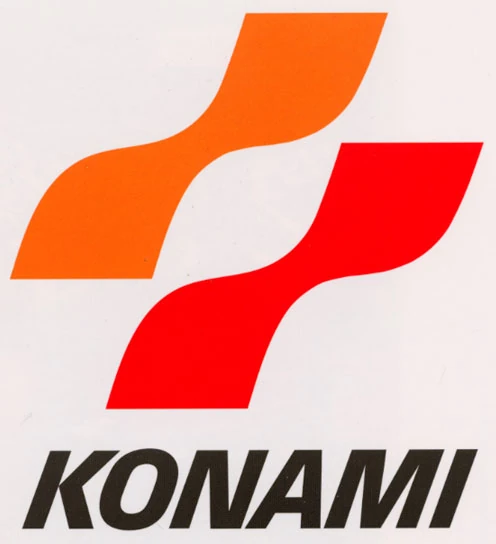

Konami is a well-established Japanese game developer and publisher with a rich history in the gaming industry. Founded in 1969, Konami has created numerous iconic franchises, such as Metal Gear, Castlevania, and Pro Evolution Soccer (PES). With a focus on innovation and creativity, Konami has earned a reputation for delivering unique and compelling gaming experiences. They have explored various genres, from action-adventure to sports and rhythm games, making them a versatile player in the gaming market. Konami’s dedication to pushing boundaries and engaging players has contributed significantly to the success and evolution of the gaming industry over the decades.
Ubisoft
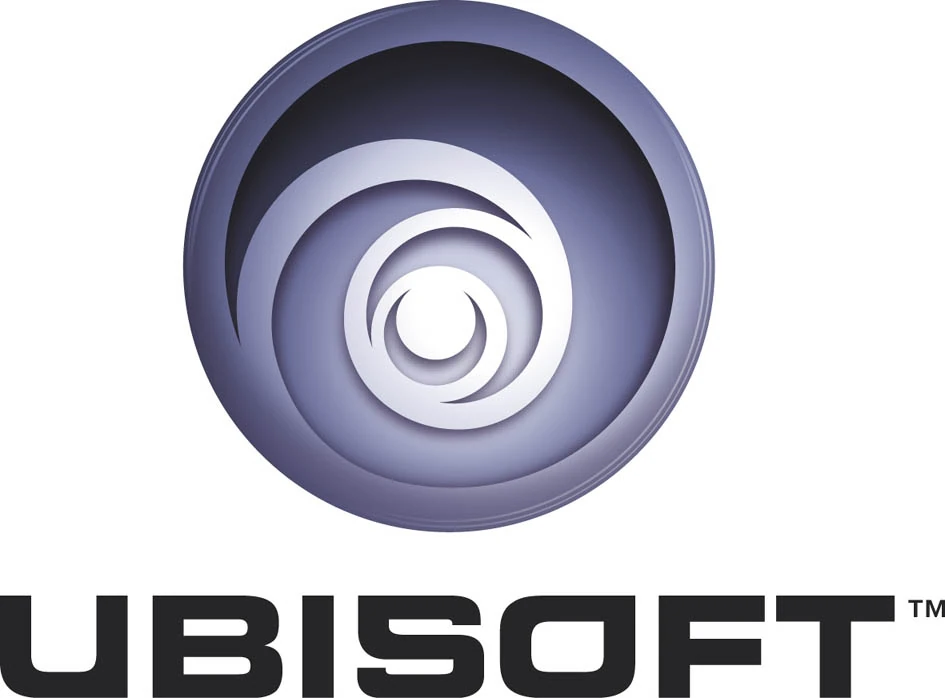

Ubisoft is a prominent game publisher and developer based in France. Founded in 1986, the company has become a major player in the gaming industry, known for producing high-quality and diverse games. Their most famous franchises include Assassin’s Creed, Far Cry, and Just Dance. Ubisoft’s dedication to storytelling, open-world exploration, and immersive gameplay has won the hearts of gamers worldwide. They are also known for their commitment to player feedback, often releasing post-launch content and updates to enhance the gaming experience. With studios across the globe, Ubisoft continues to create innovative and engaging games that resonate with players of all ages and preferences.
Sony Interactive Entertainment


Sony Interactive Entertainment (SIE) is a division of Sony Corporation dedicated to developing and publishing video games and related products. As a major player in the gaming industry, SIE is renowned for its PlayStation brand and iconic PlayStation consoles. They have created a vast library of exclusive titles, including critically acclaimed franchises like Uncharted, God of War, and The Last of Us. SIE’s commitment to cutting-edge technology and immersive gaming experiences has garnered a loyal fan base and established them as one of the leading game publishers globally. Through its platforms and games, SIE continues to shape the gaming landscape and deliver entertainment to millions of players worldwide.
Conclusion
In conclusion, game publishing is a critical aspect of the gaming industry, bridging the gap between game developers and players. Game publishers are pivotal in bringing games to market, managing distribution, marketing, and ensuring successful launches. They offer valuable support to developers, allowing them to focus on their creative process while handling the business aspects of game development. The major game publishers, such as Activision Publishing, Bandai Namco Entertainment, Capcom, Electronic Arts, Konami, Ubisoft, and Sony Interactive Entertainment, have shaped the industry with their innovation and diverse portfolios. As the gaming world evolves, game publishers will remain instrumental in driving the industry forward and delighting gamers with captivating experiences.

